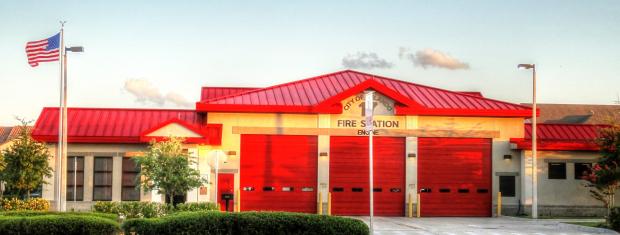


Insurance coverage is all about providing you with the best possible protection for your assets. One risk every homeowner is aware of is the potential for a home fire, but did you know your home’s unique location actually receives what we refer to as a “Fire Protection Class Rating”?
A Fire Protection Class, also known as an ‘Insurance Protection Class’, is a rating developed by ISO (Insurance Services Office) which ranges between a scale of 1 (best) and 10 (worst). This rating is based on your property’s distance to a water source, how quickly the nearest fire department can respond in the event of a fire, and what equipment that fire department has available. Class 1 means that your property has the best fire protection available, while class 10 means there is less fire protection available to your property because of distance to a responding fire department and/or water supply.
Some of the items that are taken into consideration include:
It’s also important to understand that the closest fire station to your house may not be the primary fire department for your property. There are instances where you might live close in proximity to a fire station, but that fire station is not primarily responsible for responding to an emergency at your property. You can find out more about your responding fire station by searching for them on the National Fire Department Registry.
The Fire Protection Class assigned to your home is very important because it identifies if your home may be at a greater risk for a more severe loss caused by a fire. The longer a fire is able to burn, the more severe the damage will be. Therefore, identifying the protection available is important to ensure you have adequate coverage for your home.
Generally your home’s Fire Protection Rating is taken into consideration when determining your insurance premium. Your premium will likely be higher if your home has a high class, say a 9 or a 10; while your premium will likely be lower if your home has a lower class, like a 1 or 2.
While you cannot change how far your home is located from a local fire department, you can implement risk control techniques at home to decrease the severity of a fire. Some considerations include creating an up-to-date fire escape plan, ensuring your smoke alarms are charged and functioning, and having multiple fire extinguishers easily accessible.